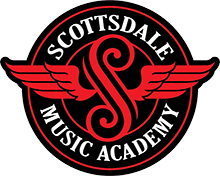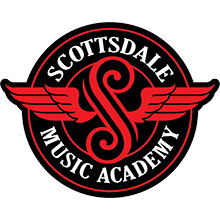Playing and recording in a studio for the first time is a huge step in the career of a musician. It can teach you a lot about the recording process, as well as what it means to produce a quality piece of music. However, it is important to follow certain guidelines when in a studio. Whether that means showing respect to your fellow musicians, supporting everyone around you or being professional in general. Here is a guide to proper recording studio etiquette.
BE RESPECTFUL:
Being respectful can have many different meanings, but it is especially important when in a recording studio. First, it is important to wait your turn when making suggestions about whatever you may be recording at the time. Having everyone talking over each other is not a productive way to contribute ideas. Second, if you are playing backup for an artist, be sure to let them make all the decisions in regards to their own music. Both of these things will show the musicians around you that you respect them and their ideas.
SUPPORT YOUR PEERS:
When recording in a studio, it is also crucial to make sure everyone around you feels supported. One way to do this is to make sure everyone feels heard and not shoot down any ideas in a negative or abrupt way. This will allow all of those who are playing to feel like they are contributing and have something to offer. Additionally, supporting your peers can mean complimenting them on great playing or even building them up when making a mistake. This can also carry over to just jamming with other musicians.
BE PROFESSIONAL:
Acting professionally in a studio is one of the most important aspects of proper recording studio etiquette. There are many things you can do to come off as a professional, but there are some guidelines you should definitely follow. First, try to be punctual when showing up for a session. Nobody wants to deal with late band members that put you behind schedule. Second, try not to talk while a recording is in progress. This can distract the producer and anyone else that is contributing to the recording.
Although these are just a few tips for proper recording studio etiquette, they can take you a long way in the world of music.

